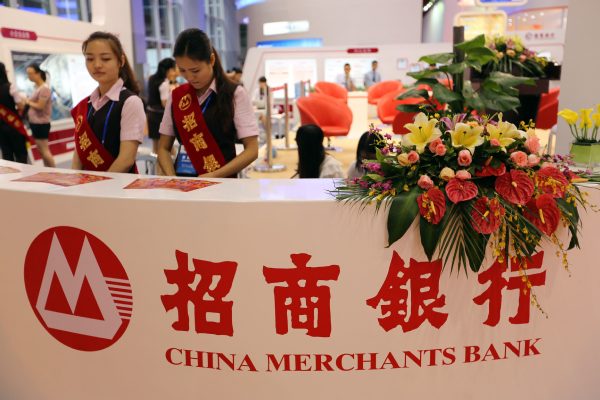
Bank’s proposed wholly-owned wealth management arm to help counter risk
China Merchants Bank (CMB) is looking to set up a wholly-owned asset management arm, the first commercial bank to do so if it is approved, in response to regulators’ ramping up efforts to counter risks linked to a vast shadow banking sector.
In the guideline on asset management jointly issued by the financial regulators last December, the draft, which has not been formally released, proposed that a commercial bank should establish a subsidiary with an independent legal person status to carry out asset management business.
In recent years, banks have sold a colossal volume of complex, high-yielding wealth management products to retail investors, which many believe are implicitly guaranteed by the banks. In reality, many of those disguised loans, channeled through a chain of intermediaries including trusts, securities and asset managers, are directed to fund firms that are willing to pay higher interest.
“Many of the asset management products offered in banks were nonstandardized credit assets, and there was also a lack of control on how those products were structured on the underlying investments,” said Wang Liang, executive vice-president of China Merchants Bank.
The dangers of such perilous products lie in that while many mature in three to six months, in overheated sectors such as real estate and mining, they could run for several years. Lenders are forced to keep raising short-term funds to rollover their long-term debt, which could lead to a cascade of defaults in a downturn.
In an announcement issued last Friday, CMB said it plans to invest 5 billion yuan ($796 million) to establish the wholly-owned Zhaoyin Asset Management Ltd.
Once it gets the green light from the regulator, the new asset management arm will be dedicated to offering investment in standardized credit assets and equity assets and aligning the maturity of asset management products and underlying assets, Wang said.
The bank has no intention to move its current off-balance sheet wealth management products, an outstanding balance of 2.1 trillion yuan, to the balance sheet, the bank said. But as nonstandardized wealth management products only stand at 200 billion yuan, and most of these products will mature during the transitional period of the new regulation, the bank believed its off-balance sheet exposure will not have a substantial effect on the bank’s capital.
In 2017, CMB posted a net profit of 70.15 billion yuan, up 13 percent from 62.08 billion yuan from the previous year. The bank sold a total of 9.17 trillion yuan worth of personal wealth management products in 2017, up nearly 20 percent from 2016.
CMB is not the first bank to attempt such a move. In 2015, Everbright Bank, Shanghai Pudong Development Bank and CITIC Bank also decided to set up wholly-owned wealth management subsidiaries, yet none of them managed to obtain licenses from regulators.
Striking a confident note, Wang said unlike in 2015 when the banks took the initiative to spin off their business, this time the push to do so comes from the regulators, a condition that would be favorable for CMB to obtain the approval.


